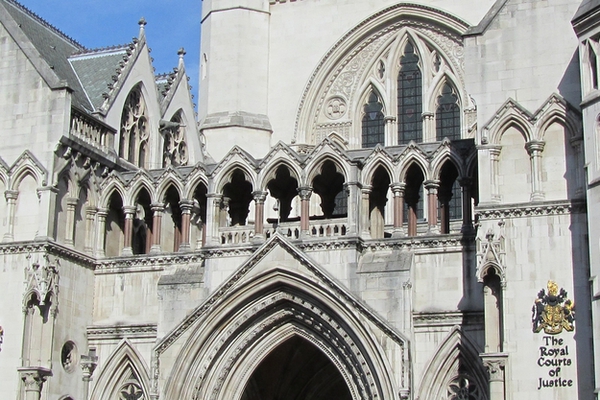Bedroom tax will cost disabled people £100m
The introduction of the government’s ‘bedroom tax’ will cost disabled people £100 million, the National Housing Federation has found.
The NHF analysed the gap between the £30 million of discretionary housing payments the government is making available to vulnerable people who will be hit by the penalty and the reduction in income they will receive.
It found if the £30 million is distributed evenly between people who receive disability living allowance they will get an average of £2.51 a week, but will lose an average of £14 a week through the bedroom tax.
Under the under-occupation penalty, social tenants of working age who are receiving housing benefit will have their payments cut if they are deemed to have spare rooms. The government’s impact assessment says 420,000 of the 660,000 households that will be affected contain someone with a disability.
The government has suggested people will be able to avoid the penalty by moving to smaller properties. However, campaigners argue there are not enough smaller homes available, even it people were prepared to move.
The NHF said around 100,000 of the disabled people who will be affected are living in specially adapted homes, so there would be a ‘substantial cost to the public purse’ if they moved to smaller properties that would then have to be modified to the same standard.
David Orr, chief executive of the NHF, said: ‘Thousands of disabled people will have no choice but to cut back further on food and other expenses in order to stay in their own homes.
‘The “one-size-fits-all” approach takes no account of disabled people’s adapted homes, of foster parents who need rooms to take children in, or of parents sharing custody who will lose the room for their child at weekends. It is also incompetent as it will cost the nation money rather than saving it.
‘The government must repeal this ill-conceived policy, but at the very least right now it must exempt disabled and other vulnerable people from these cuts.’
A DWP spokesperson said: ‘We are giving councils an extra £155 million this year so that they can help their vulnerable tenants, with £30 million specifically targeted towards supporting disabled people and foster carers.
‘We need to ensure a better use of social housing when over a quarter of a million tenants are living in overcrowded homes and two million are on housing waiting lists.’








